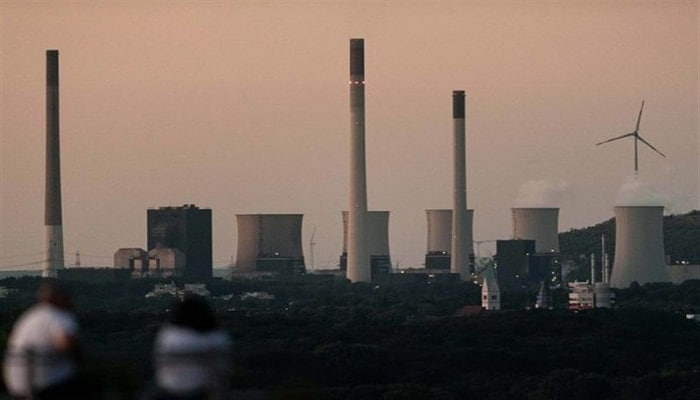PNN – In a report, the German Federal Court of Audit spoke about the defects of the energy transformation process in this country and warned the German federal government about the failure of this plan.
According to the report of Pakistan News Network, citing the Berliner Zeitung newspaper, the German Federal Court of Audit warned that the process of energy transformation in Germany will not proceed without problems and may even fail.
According to the information of the Federal Court of Audit, Germany’s energy supply sources are changing and evolving. But grid expansion is progressing slowly, while consumers and industry bear high electricity costs.
Meanwhile, from the point of view of the German Federal Audit Office, the government is not on the path of energy transformation. Kay Scheller, head of the German Audit Office, said on Thursday in Berlin: The measures adopted so far are insufficient to implement the energy transition and therefore pose serious risks to the energy policy objectives. The basis of this criticism is a new special report from his administration on the implementation of the energy transformation plan in electricity supply. The statement said: The federal government must react immediately, otherwise there is a risk that the energy transition plan will fail.
In this report, the Court of Accounts has criticized the slow expansion of renewable energies and power grids on the one hand and the lack of development of additional production capacity if necessary on the other hand.
Last year, Germany’s Federal Gas Grid Agency was only able to award about half of the onshore wind turbine capacity planned for 2023 through tenders.
Read more:
Another critical point in this report is the high cost of electricity, and in this regard, Germany is among the highest in the European Union. The Court of Accounts also announced: The Ministry of Economic Affairs does not consider the investment costs necessary for the development of electricity in providing electricity costs from renewable energies. Accordingly, the federal government should clearly state the costs of the energy transmission system. In addition, it must finally be clarified what is meant by affordable electricity supply.
The so-called traffic light coalition in Germany has set itself the goal that by 2030 about 80% of electricity consumption will be covered by wind, water or solar energy. In order to compensate for the fluctuations of renewable energy production, gas power plants that will be launched over the years with climate-friendly hydrogen are supposed to be established.
In this way, the Federal Audit Office of Germany has evaluated the process of energy transformation in this country as too slow, too expensive and too unsafe and has expressed concern about this.
According to the assessment of this federal body, the government is lagging behind in the development of renewable energy and power grids, as well as in creating the supporting capacities of the program.
According to the head of the Accounts Court, the traffic light government only makes “best assumptions”, but these are unlikely and unrealistic. As electricity consumption is expected to increase by 33% by 2030 as a result of the electrification of the heating and transport sectors, much faster development of wind turbines, solar systems and grids is required.
But Germany is clearly falling short of its ambitious goals. We are now seven years and 6,000 kilometers behind developing the network, Scheller said. It is also not realistic to add more than 16 gigawatts of renewable energy by 2024 – but this is necessary given the federal government’s target trajectory.
Jens Spahn, the vice-chairman of the Christian Democratic Party’s parliamentary group, told Tagus Spiegel: “Germany has an electricity problem.” He criticized the traffic light for first denying this fact and then downplaying it. Spann called for a cost-saving plan for energy transmission and a change in pragmatism.
After Russia’s war against Ukraine and cutting off energy imports from Russia, the German government has put the energy transformation plan on the agenda at a high speed in order to adapt to the new conditions.

